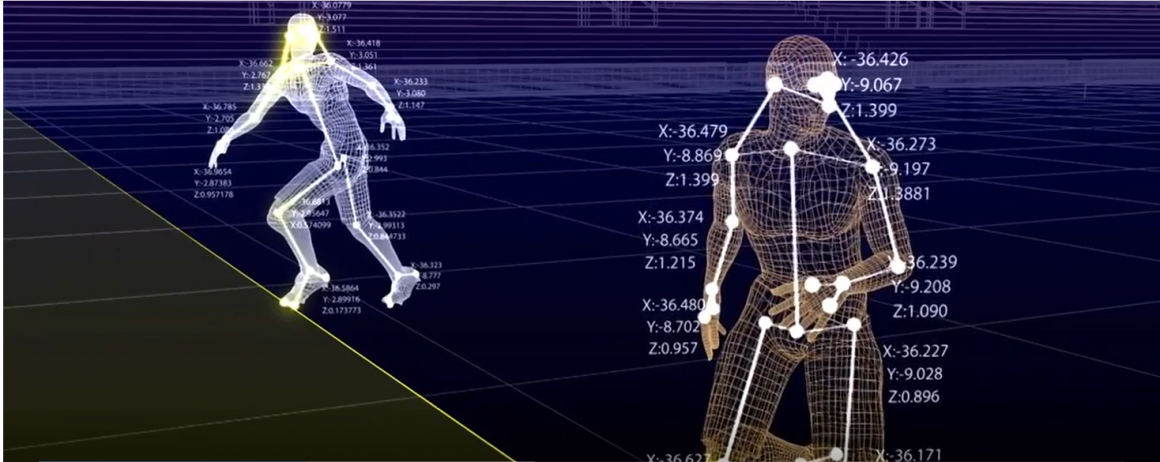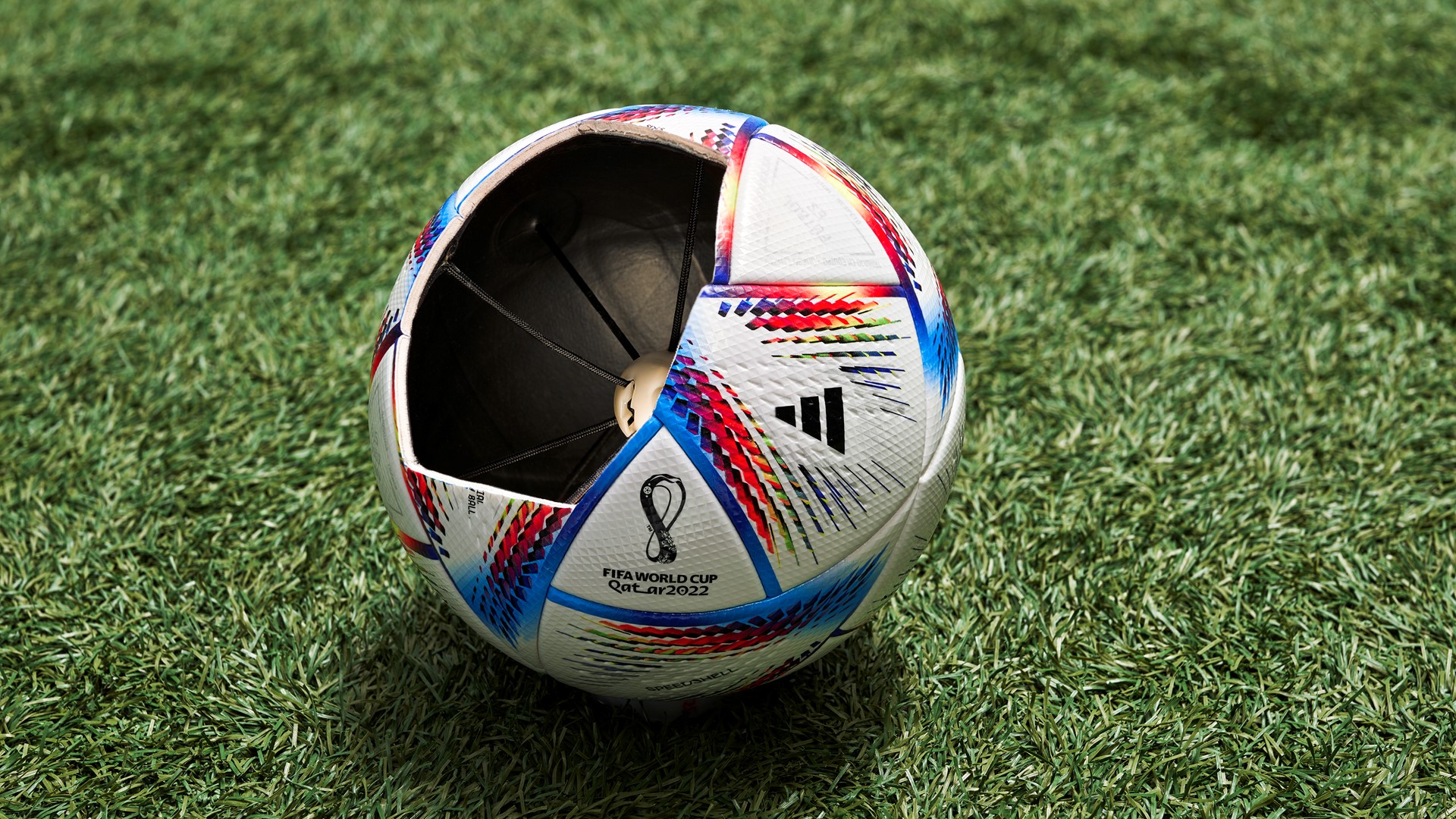In addition to being the first World Cup in an Arab nation, this year’s major sporting event will be different in more ways than one.
FIFA has confirmed that semi-automated, state-of-the-art technology will be used at the 2022 World Cup in Qatar, amid ongoing latest efforts to improve the accuracy and speed of offside decisions.
The move makes Qatar 2022 the third such edition of the FIFA event that will see the introduction of new technology, following goal-line technology at the 2014 tournament in Brazil, and video reviews at the 2018 competition in Russia.
The latest semi-automation system was trialled at the 2021 Arab Cup in Qatar as well as the 2022 FIFA Club World Cup in Abu-Dhabi, where the duration to make offside VAR decisions was cut from 75 to an impressive 25 seconds.

How will the new system work?
The new and innovative system will use sensors within the Adidas Al Rihla official World Cup match balls, as well as 12 dedicated tracking cameras inside the stadium to determine the players’ exact movements.
The cameras will be “100% synchronised” and mounted on the roof of each stadium to track the ball as well as 29 points on each player, sending data 50 times per second to calculate their exact position on the pitch.
In the occurrence that a player is offside, a signal will be alerted in the video assistant referee (VAR) booth, which can then be communicated with the referee on-pitch.
Prior to notifying the match official, the video match referee will validate the proposed decision by manually checking the selected kick point and offside line. This process happens within a few seconds and means offside decisions can be made faster and more accurately.
A 3D image will also be displayed on the screens within the stadium to improve communication with fans to allow them to understand the match officials’ decision.
What will this mean for human referees?
Claims that the enhanced use of technology is replacing human referees’ ability to making decisions have been slammed by officials.
Chair of FIFA Referees Committee Pierluigi Collina denies this is the case and says there will still be room for debate around decisions.
“VAR has already had a very positive impact on football and we can see that the number of major mistakes has already been dramatically reduced,” Collina said.
“The testing has been a major … I know that someone called it ‘robot offside’; it’s not. The referees and the assistant referees are still responsible for the decision on the field of play,” Collina added.







